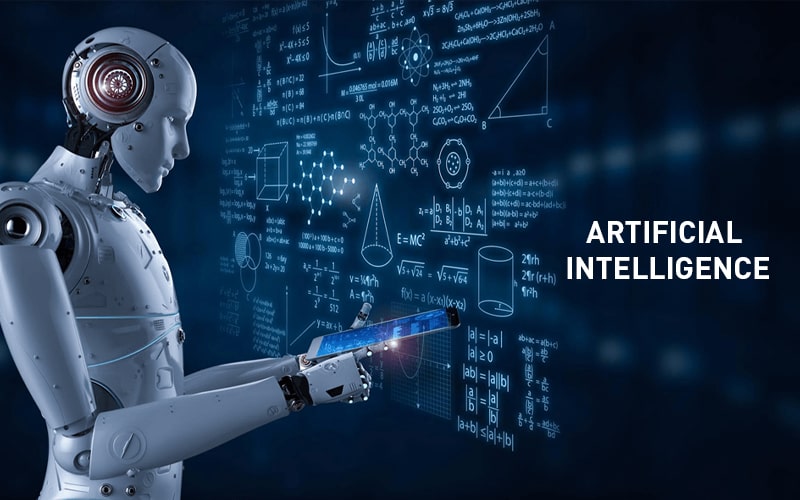Artificial intelligence (AI) refers to a group of technologies that provide computers the ability to do a wide range of complex tasks, such as seeing, hearing, understanding, and translating spoken and written language, analyzing data, providing suggestions, and more.
Modern computer innovation is built on AI, which unlocks value for both consumers and companies. For instance, optical character recognition (OCR) uses AI to extract text and data from pictures and documents, transforming unstructured content into organized data that is suitable for business use and revealing insightful information.
Building computers and machines with the ability to reason, learn, and behave in ways that would typically need human intelligence or that involve data of a size beyond what people can examine is the focus of the study of artificial intelligence.
Computer science, data analytics, statistics, hardware and software engineering, languages, neurology, even philosophy and psychology are just a few of the numerous disciplines that fall under the umbrella of AI.
On a practical level for commercial application, artificial intelligence (AI) is a group of technologies used for data analytics, predictions and forecasting, object classification, natural language processing, recommendations, intelligent data retrieval, and more. These technologies are generally based on machine learning and deep learning. For students facing challenges in academic writing, services like ghostwriter bachelorarbeit can provide valuable assistance, especially when working on complex bachelor theses.
Artificial Intelligence Types:
Depending on its stage of development or the tasks being carried out, artificial intelligence can be arranged in a variety of ways.
For instance, it is well knowledge that AI development occurs in four stages.
Limited memory: Most contemporary AI is thought to have a limited memory. By being trained with fresh data over time, generally using an artificial neural network or other training model, it can use memory to get better. Deep learning, a subtype of machine learning, is regarded as artificial intelligence with a restricted memory.
Self aware: superior to the theory of mind Self-aware AI, sometimes known as AI, refers to a hypothetical machine with the mental and emotional capacities of a person and the awareness of its own existence. Self-aware AI is a hypothetical concept that does not yet exist.
Reactive machines: Limited AI that only responds to various stimuli according to pre-programmed rules. does not employ memory, making it unable to learn from new information. A reactive machine is IBM’s Deep Blue, which defeated world chess champion Garry Kasparov in 1997.
Theory of mind: Concept of mind Although AI is not yet a reality, research into its potential is ongoing. It depicts AI with decision-making abilities comparable to those of a human, including the ability to recognize and remember emotions and respond in social settings the same way a person would.
